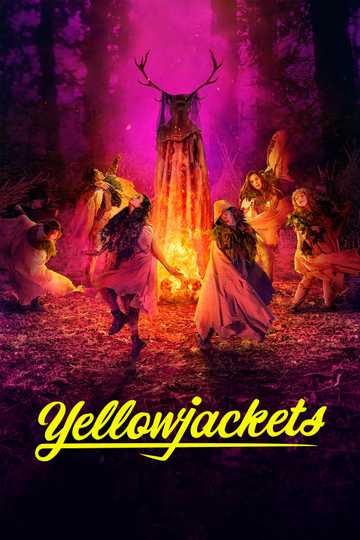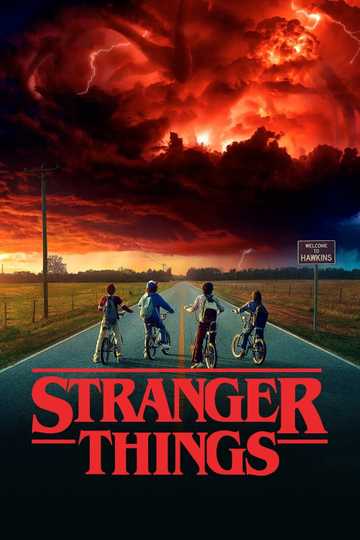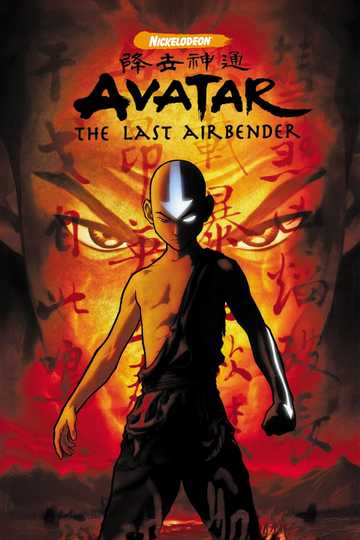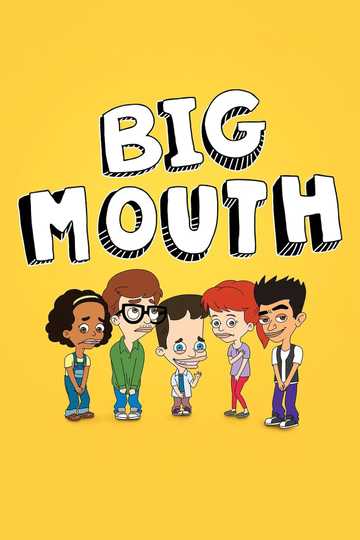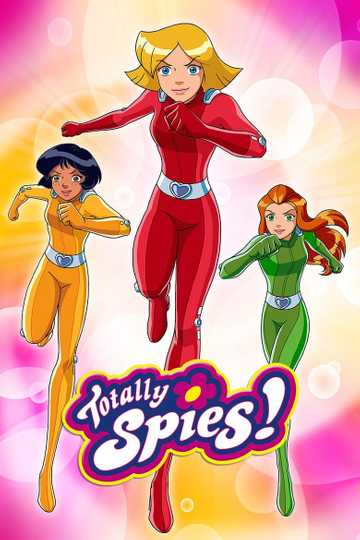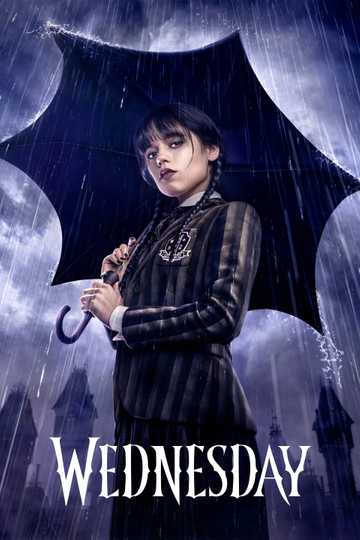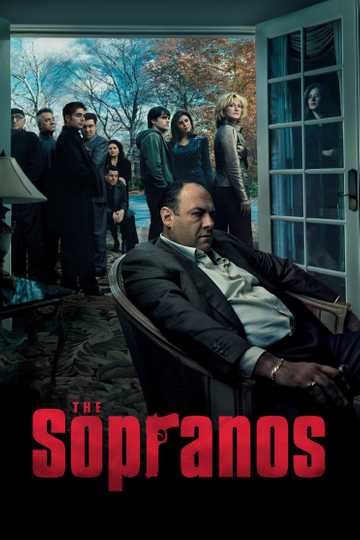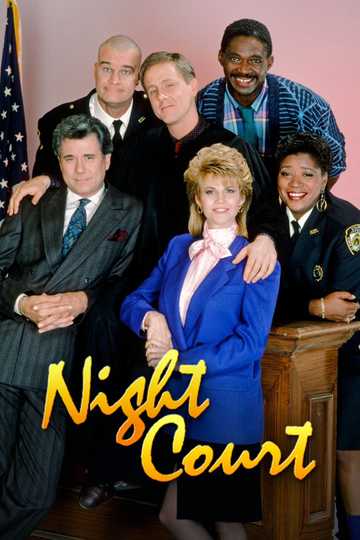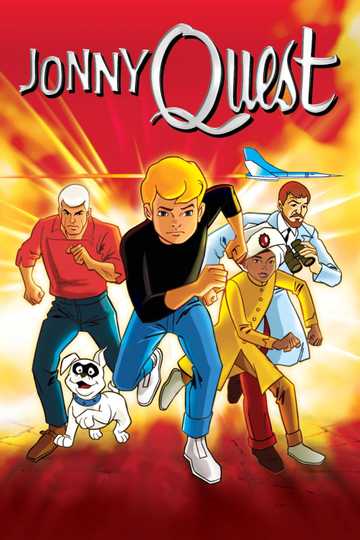Season 2 Episodes
1. Halloween Hound: The Legend of the Creepy Collars (1)
Joe and his two best friends, David and Samantha, form a team to go on a Halloween scavenger hunt. Damont also competes in the game, but he tries to win by cheating. Meanwhile, Wishbone imagines himself as Ichabod Crane in Washington Irving's ""The Legend of Sleepy Hollow"".
2. Halloween Hound: The Legend of the Creepy Collars (2)
Continuation of Part 1.
3. The Prince of Wags
The weight of leadership weighs heavy on Joe as captain of the school basketball team, and on Wishbone in Shakespeare's Henry IV, Part I.
4. Groomed for Greatness
A statue to honor Wishbone consumes David's every waking moment, or at least that's what his friends think. It appears to Wishbone that David strikes a chord with Pip in Dickens's Great Expectations.
5. Bone of Contention
Joe and David's friendship is tested when they both are interested in the same girl. Wishbone, as John Alden, and his best friend have to decide how valuable their friendship really is in Henry Wadsworth Longfellow's poem, ""The Courtship of Miles Standish.""
6. War of the Noses
A betrayed Wishbone lapses into the character Richard Shelton in Robert Louis Stevenson's The Black Arrow.
7. Moonbone
Would you believe a missing Super Bowl ring could be traced to Wishbone? Hard for him to notice, as he imagines himself as Franklin Blake in Wilkie Collins's The Moonstone.
8. Barking at Buddha
Wishbone wants to be a hero and tries to rescue two misguided youngsters when they set out to impress the older kids. As ""Monkey,"" he yearns to be immortal and seeks a position of importance in Wu Ch'eng-en's Chinese folktale.
9. Pup Fiction
Intrigue and mystery surrounds a letter addressed to Wanda. In trying to trace the anonymous note, Wishbone drifts into Jane Austen's gothic horror novel Northanger Abbey.
10. The Roamin' Nose
It's graduation time for the middle-school students, as they face the uncertain future in more ways than one. Wishbone sees a future with just as many question marks in Virgil's The Aeneid.








